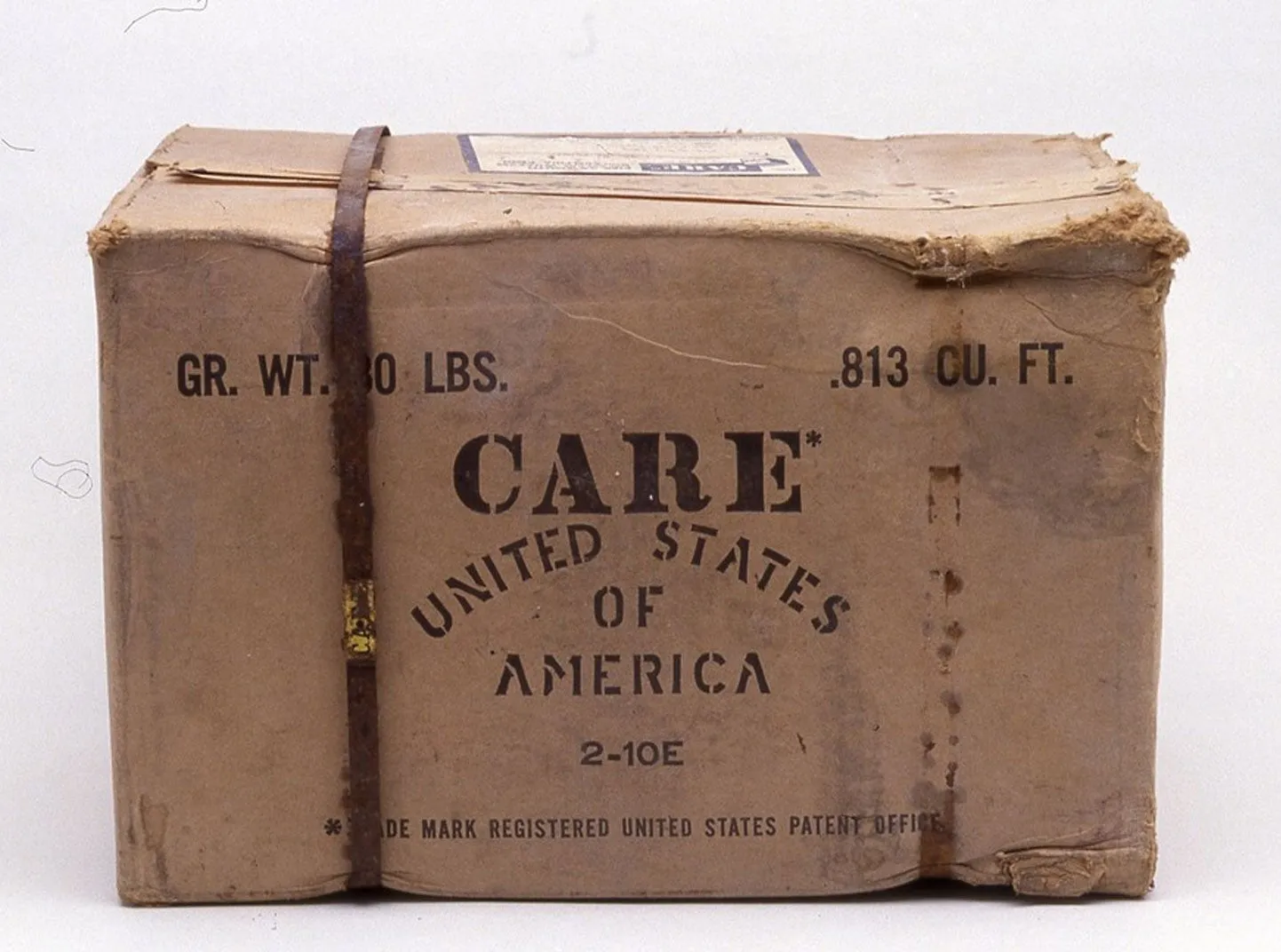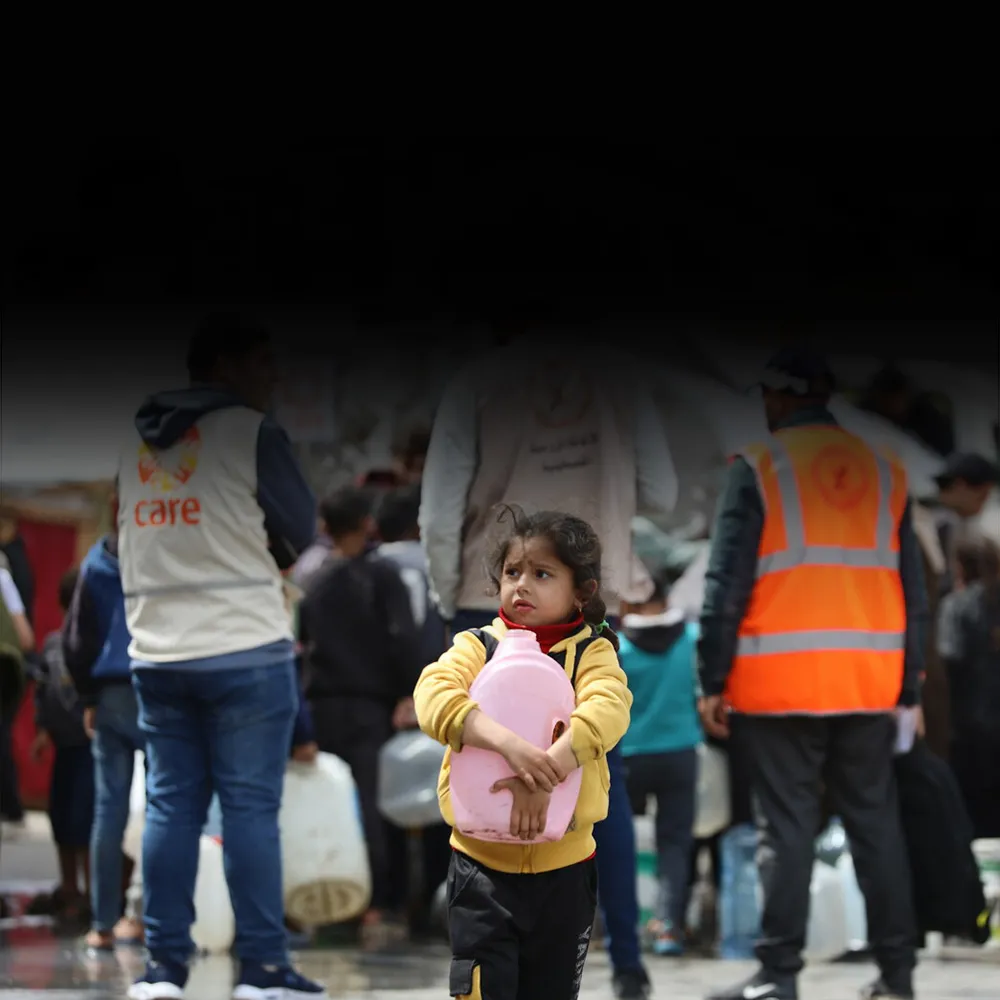Relief efforts in Bangladesh
Bangladesh is one of the most densely populated countries on earth. Natural disasters, such as floods, tropical cyclones, tornadoes, and tidal bores occur almost every year, combined with the effects of deforestation, soil degradation, and erosion. CARE works to build resilient communities able to withstand environmental shocks, implementing humanitarian and resilience programs, health and nutrition initiatives, empowering women and girls, and innovating to end extreme poverty in rural settings.
Bangladesh is also home of the world’s largest refugee camp at Cox’s Bazar, which hosts some 850,000 ethnic Rohingyas who fled from neighboring Myanmar. CARE has worked in Cox’s Bazar and other refugee camps to provide shelter, water and sanitation/hygiene programs (WASH), vouchers for basic household items, and psychosocial and reproductive health services.
CARE started its operations in Bangladesh (then East Pakistan) in 1949.

